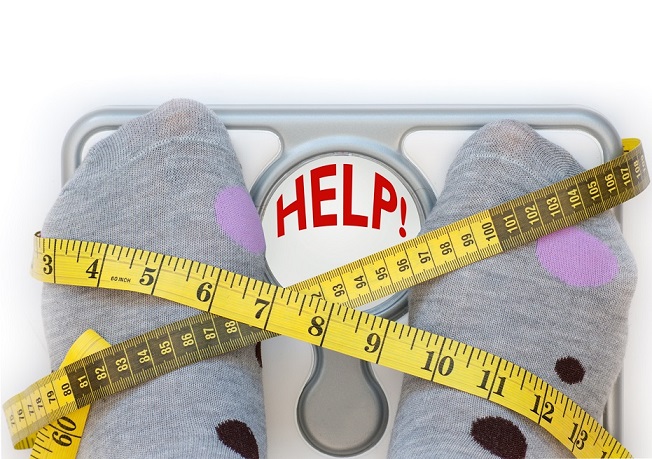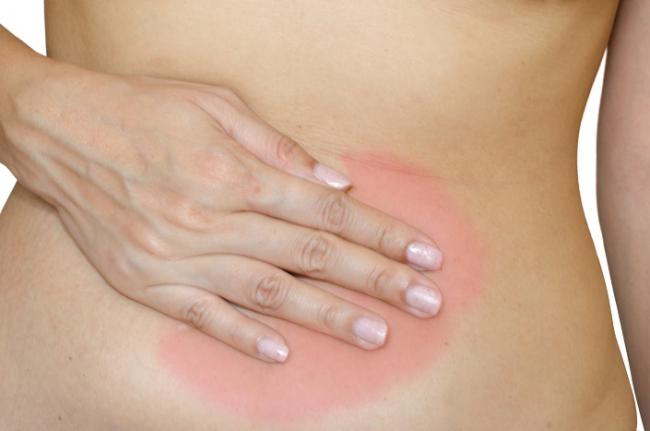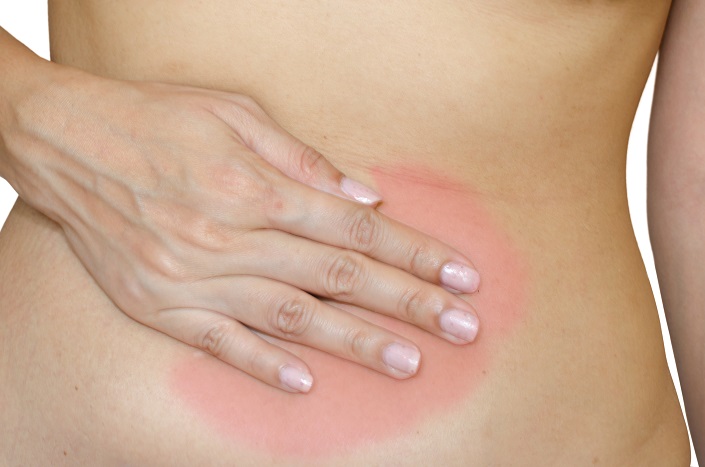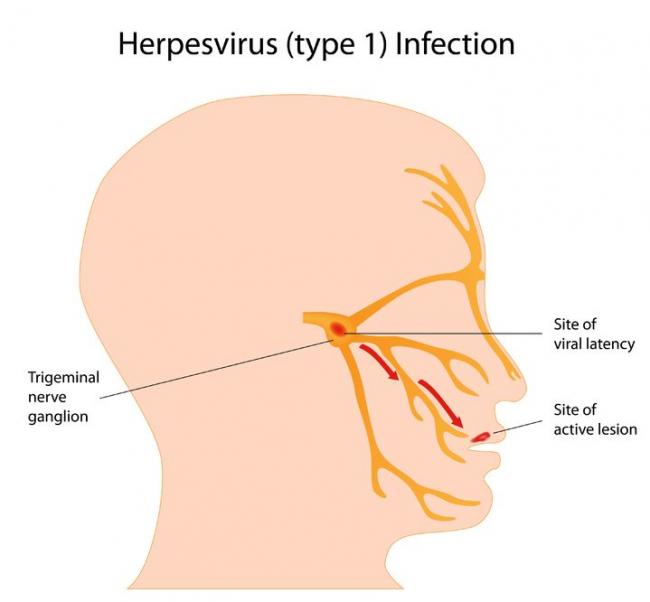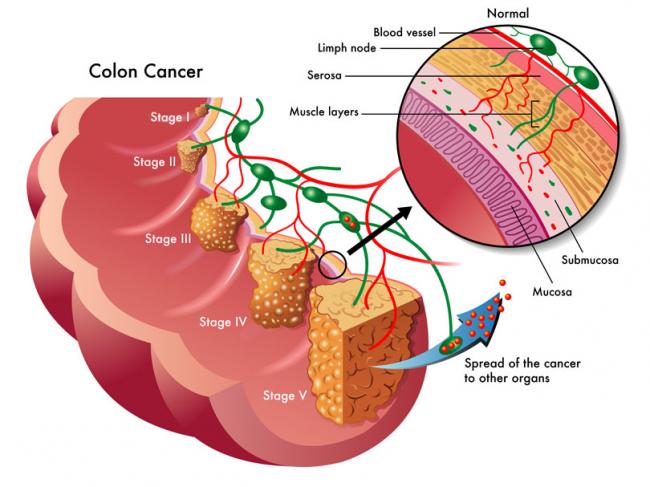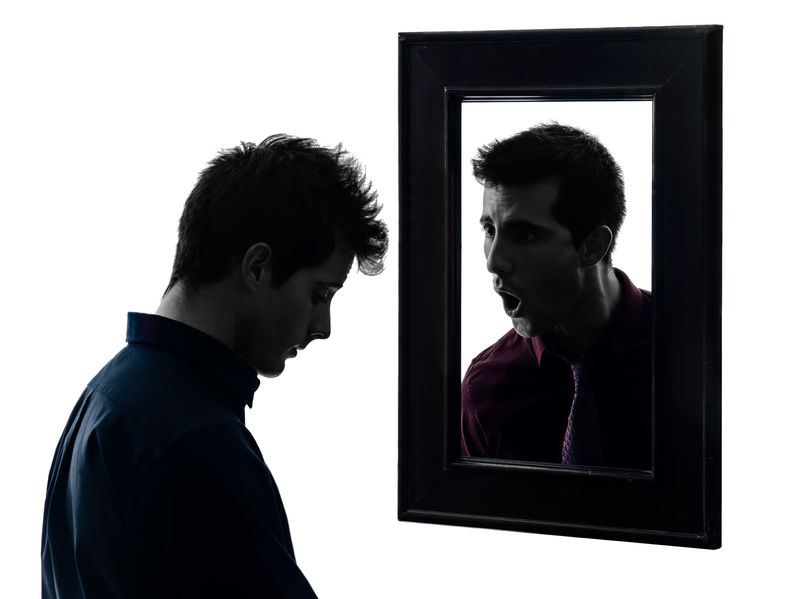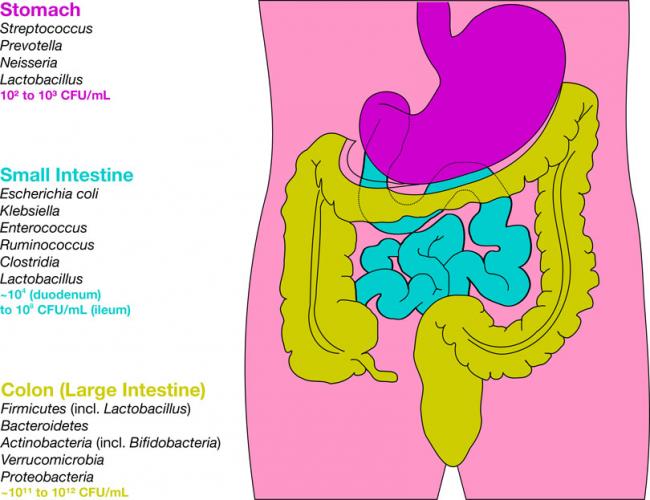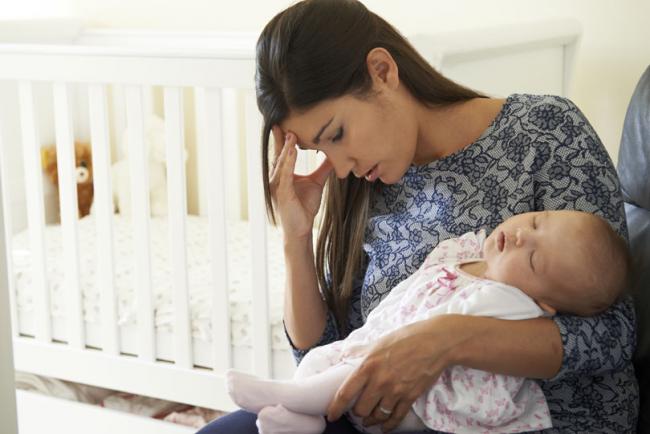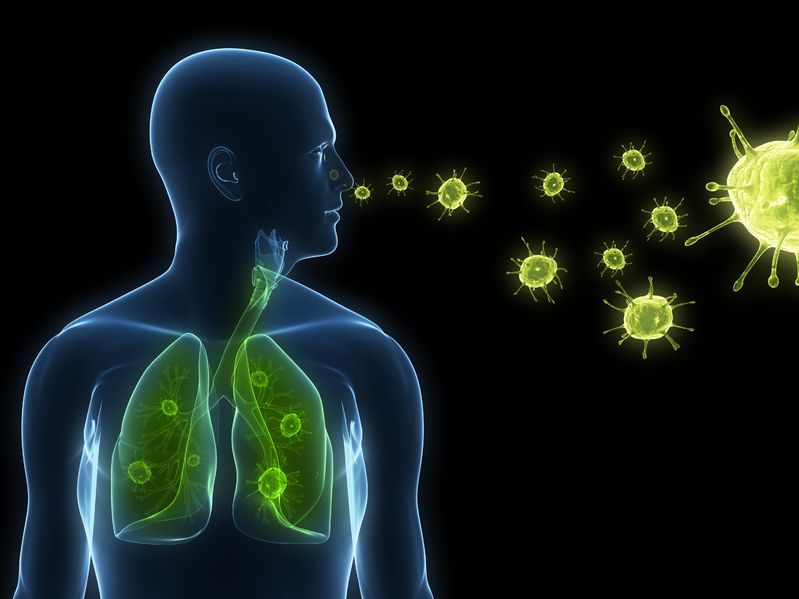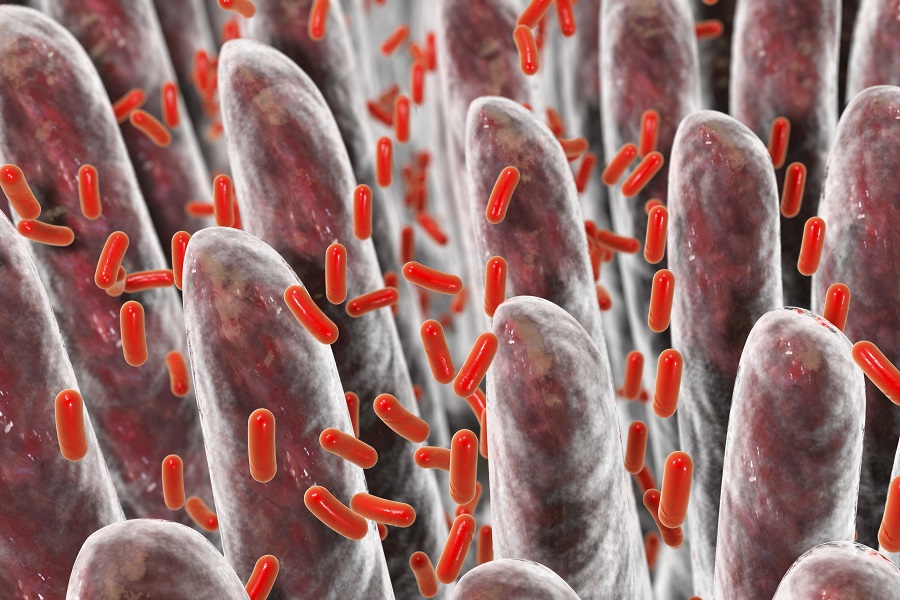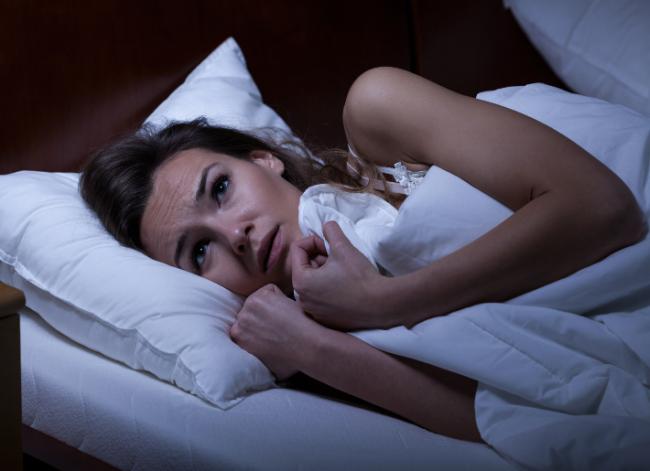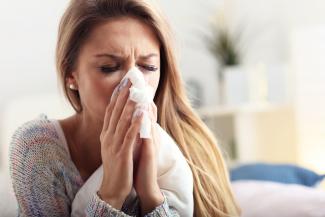Related Articles
- 06 Oct 16
- 09 Jul 15
 Herpes simplex virus (HSV) is a viral infection of the skin and mucous membranes. Lesions can occur in many different areas, especially in or around the mouth, lips, genitals, and eyes. There are two types of HSV that exist: HSV-1 and HSV-2. HSV-1 is responsible for the development of your typical “cold sore”; it therefore has a predisposition for the mouth and lips,
Herpes simplex virus (HSV) is a viral infection of the skin and mucous membranes. Lesions can occur in many different areas, especially in or around the mouth, lips, genitals, and eyes. There are two types of HSV that exist: HSV-1 and HSV-2. HSV-1 is responsible for the development of your typical “cold sore”; it therefore has a predisposition for the mouth and lips, - 10 Apr 16
- 18 Mar 19
Over 50% of women will suffer from a urinary tract infection (UTI) during their lifetime. One-third to one-half of these women will have a recurrent UTI within one year.
- 13 Oct 15
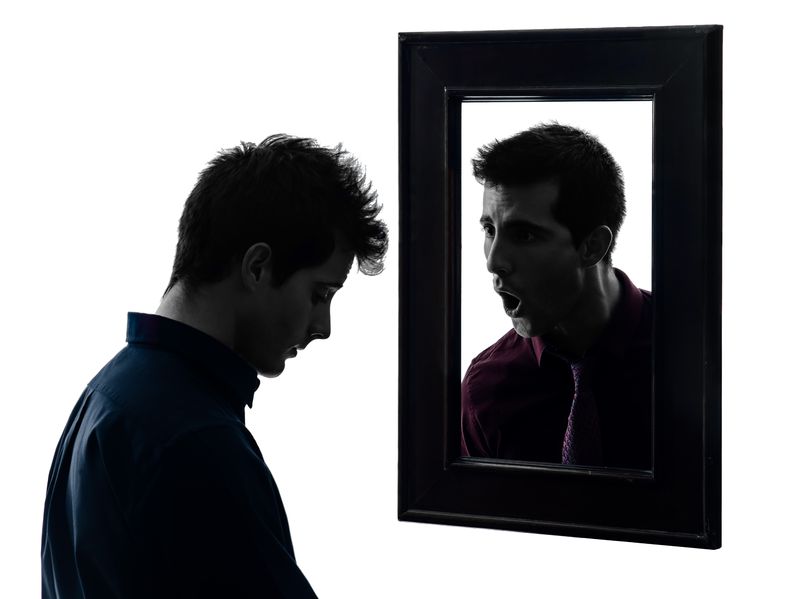 Schizophrenia is a mental health condition that involves a distortion of reality. The symptoms of schizophrenia vary depending on the patient, but are often described as either positive or negative symptoms (1). Positive symptoms are things that are not normally there, but that people with schizophrenia experience.
Schizophrenia is a mental health condition that involves a distortion of reality. The symptoms of schizophrenia vary depending on the patient, but are often described as either positive or negative symptoms (1). Positive symptoms are things that are not normally there, but that people with schizophrenia experience. - 13 Feb 16
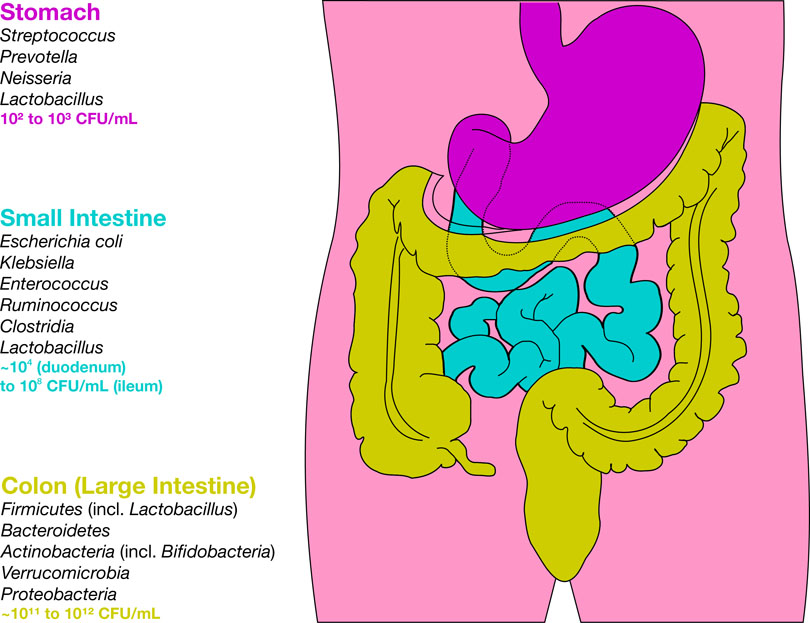 Small intestinal bacterial overgrowth (SIBO) is characterized by an overgrowth of various types of bacteria in the small intestine, bacteria which are largely only found in the colon. SIBO was initially thought of as a rare condition; however, it is now recognized as a more prevalent digestive disorder than previously acknowledged. A meta-analysis has shown the prevalence of SIBO to be approximately 64% among patients with irritable bowel syndrome
Small intestinal bacterial overgrowth (SIBO) is characterized by an overgrowth of various types of bacteria in the small intestine, bacteria which are largely only found in the colon. SIBO was initially thought of as a rare condition; however, it is now recognized as a more prevalent digestive disorder than previously acknowledged. A meta-analysis has shown the prevalence of SIBO to be approximately 64% among patients with irritable bowel syndrome - 25 May 16
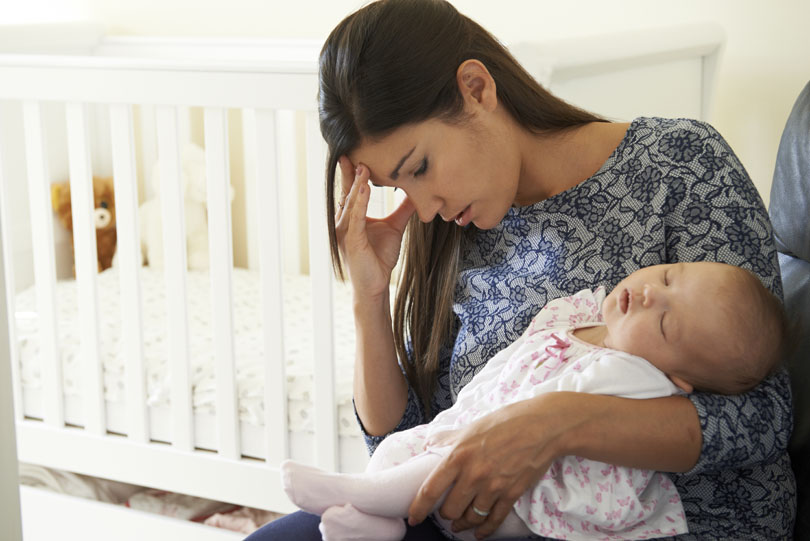 The joy of motherhood can be an exciting and blissful experience. But what if, instead of happiness and joy, the new mom is experiencing weepiness and irritation, and is crying all the time, but does not understand why? What if, instead of excitement at seeing her baby, she has negative feelings and worries that she may hurt her baby?
The joy of motherhood can be an exciting and blissful experience. But what if, instead of happiness and joy, the new mom is experiencing weepiness and irritation, and is crying all the time, but does not understand why? What if, instead of excitement at seeing her baby, she has negative feelings and worries that she may hurt her baby? - 11 Mar 16
 Vaginal yeast infections can be extremely uncomfortable and significantly impact the quality of a woman’s life. At least 75% of women will experience a yeast infection once in their lifetime, with 45% experiencing two or more episodes, and 5–8% experiencing frequently recurring infections over the course of their life.
Vaginal yeast infections can be extremely uncomfortable and significantly impact the quality of a woman’s life. At least 75% of women will experience a yeast infection once in their lifetime, with 45% experiencing two or more episodes, and 5–8% experiencing frequently recurring infections over the course of their life. - 08 Jan 15
 Vertigo is the feeling that your surroundings are moving when in reality they are still. Symptoms include feeling off-balance or feeling like the room is spinning. If it’s severe, there may be nausea and vomiting associated with it, and there could be an increased risk of falling. Vertigo can last for a few minutes or even days. Vertigo needs to be differentiated from feeling light-headed, which is usually due to a lack of circulation to the brain or due to low blood pressure. Feeling light-headed can also cause dizziness, but it is treated differently (it is suggested you lie down, that way you help the blood get back to your brain).
Vertigo is the feeling that your surroundings are moving when in reality they are still. Symptoms include feeling off-balance or feeling like the room is spinning. If it’s severe, there may be nausea and vomiting associated with it, and there could be an increased risk of falling. Vertigo can last for a few minutes or even days. Vertigo needs to be differentiated from feeling light-headed, which is usually due to a lack of circulation to the brain or due to low blood pressure. Feeling light-headed can also cause dizziness, but it is treated differently (it is suggested you lie down, that way you help the blood get back to your brain). - 03 Feb 15
 Without question, receiving a cancer diagnosis is life altering, and may bring with it more fear than any other diagnosis. Patients may fear for their life, fear telling their family, friends and coworkers, and fear what the treatment will be like. This has a huge psychological impact, and stress levels are drastically increased.
Without question, receiving a cancer diagnosis is life altering, and may bring with it more fear than any other diagnosis. Patients may fear for their life, fear telling their family, friends and coworkers, and fear what the treatment will be like. This has a huge psychological impact, and stress levels are drastically increased. - 15 Sep 17
- 26 Feb 21
Weight loss can seem like an uphill battle, with so much confusing advice about dieting. The science does appear to be quite consistent with the medical risks associated with weight gain such as obesity, cardiovascular disease, type 2 diabetes, certain cancers, and overall lowered vitality.
- 04 Sep 21
It’s a serious disease shrouded in controversy that captivates our attention. A disease transmitted by a blood-feeding bug that already bit an animal, such as a mouse or other mammal, infected with the spirochaete bacteria Borrelia burgdorferi. It is this pathogen, which has profound effects throughout the body, which is the cause of Lyme disease.
- 05 May 14
 According to the National Institutes of Health, more men need to pay attention to their health. Compared to women, men are more likely to smoke and drink, make unhealthy choices, and delay checkups and medical care. For many men, these obstacles are compounded on top of any underlying health issues they may have or that may run in their families. There are also conditions that impact only men, such as prostate issues and erectile dysfunction.
02 Oct 14
According to the National Institutes of Health, more men need to pay attention to their health. Compared to women, men are more likely to smoke and drink, make unhealthy choices, and delay checkups and medical care. For many men, these obstacles are compounded on top of any underlying health issues they may have or that may run in their families. There are also conditions that impact only men, such as prostate issues and erectile dysfunction.
02 Oct 14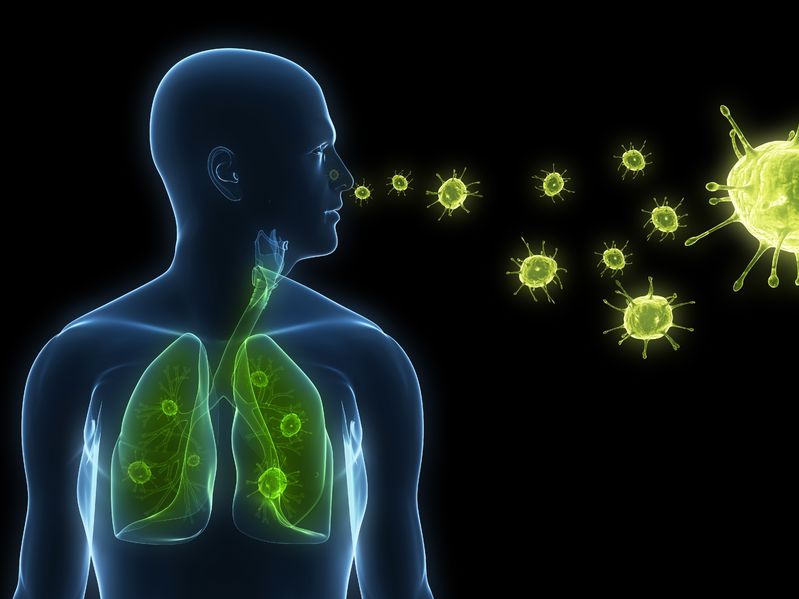
One of the most common yet stubborn illnesses many of us are plagued with are respiratory infections, most commonly acute bronchitis, and pneumonia. Not only are they disruptive and painful to deal with at the time of the infection, but it is also typical for someone to experience lingering effects of the infection for weeks after.28 Feb 19Small intestinal bacterial overgrowth (SIBO) is a term used to describe the result of movement of bacteria from the large intestine into the small intestine. SIBO is defined as a bacterial population in the small intestine exceeding 105–106 organisms per millilitre; normally, less than 103 organisms per millilitre are found in this segment.[1]
18 Oct 19According to Statistics Canada, 1 in 10 individuals between the ages of 12 and 44 experience chronic pain. Once traditional medicine has been helpful in the acute-pain stage (e.g. first aid, over-the-counter pain killers, heat/ice, etc.), modern medicine may leave individuals feeling lost when it comes to long-term management and reduction of chronic pain.
06 Sep 1616 Jan 16 Among all sexual dysfunctions, erectile dysfunction (ED) is the most common [1]. Approximately 1 in 10 men worldwide have ED, the prevalence ranging from 10-71% for men older than 70 years old [2]. This range is so wide and there are no reliable figures available for the incidence and prevalence of ED because most men do not seek treatment. Social stigma is all too familiar and continues to be a reality for men suffering with erectile dysfunction (ED), this being the biggest barrier to them seeking treatment.22 Jan 18
Among all sexual dysfunctions, erectile dysfunction (ED) is the most common [1]. Approximately 1 in 10 men worldwide have ED, the prevalence ranging from 10-71% for men older than 70 years old [2]. This range is so wide and there are no reliable figures available for the incidence and prevalence of ED because most men do not seek treatment. Social stigma is all too familiar and continues to be a reality for men suffering with erectile dysfunction (ED), this being the biggest barrier to them seeking treatment.22 Jan 18Anxiety is extremely common; in fact, the Centre for Disease Control and Prevention reports that anxiety disorders are the most common class of mental disorders. Aside from the anxiety, 60–70% of people with anxiety also report that they have trouble sleeping. This is problematic, because the worse someone’s emotional distress is the worse they sleep, and having bad sleep may be contributing to worsening anxiety symptoms.
Newsletter
Most Popular
- 10 Apr 16
- 02 Aug 19
- 15 Jun 23
- 17 Jun 13
- 17 Jun 13
- 17 Jun 13
- 01 Jul 13
- 17 Jun 13
- 17 Jun 13
- 17 Jun 13
- 01 Jul 13
- 17 Jun 13
- 17 Jun 13
- 17 Jun 13
- 01 Jul 13


